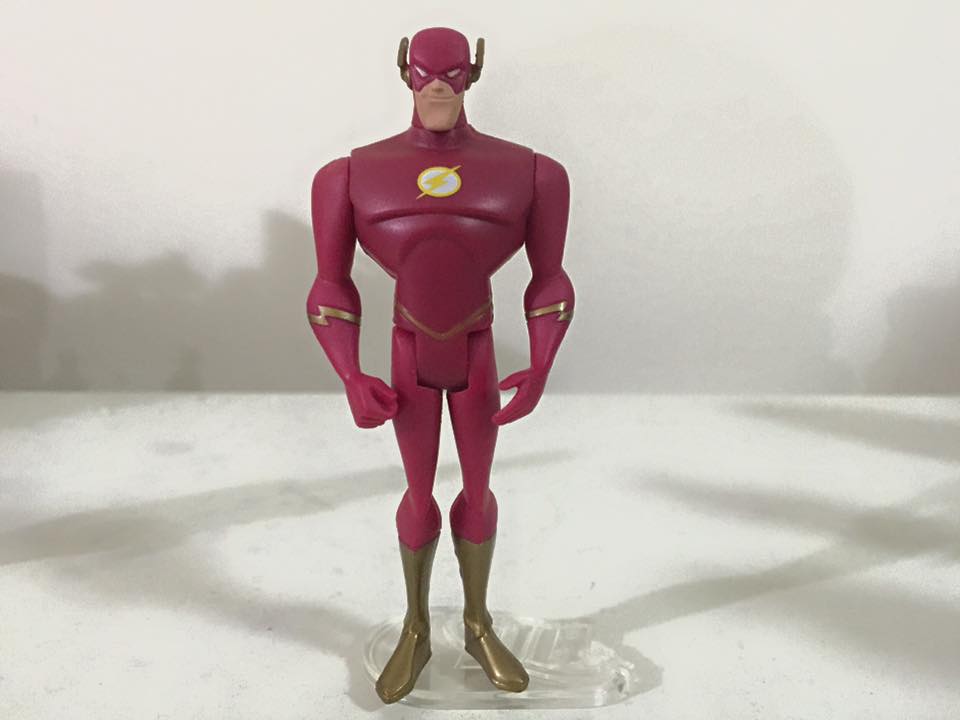

So I just finished watching the first season of “The Flash.” Spoilers ensue, of course, but hey it’s currently the middle of Season 2 of “The Flash”, so enough time has passed right?
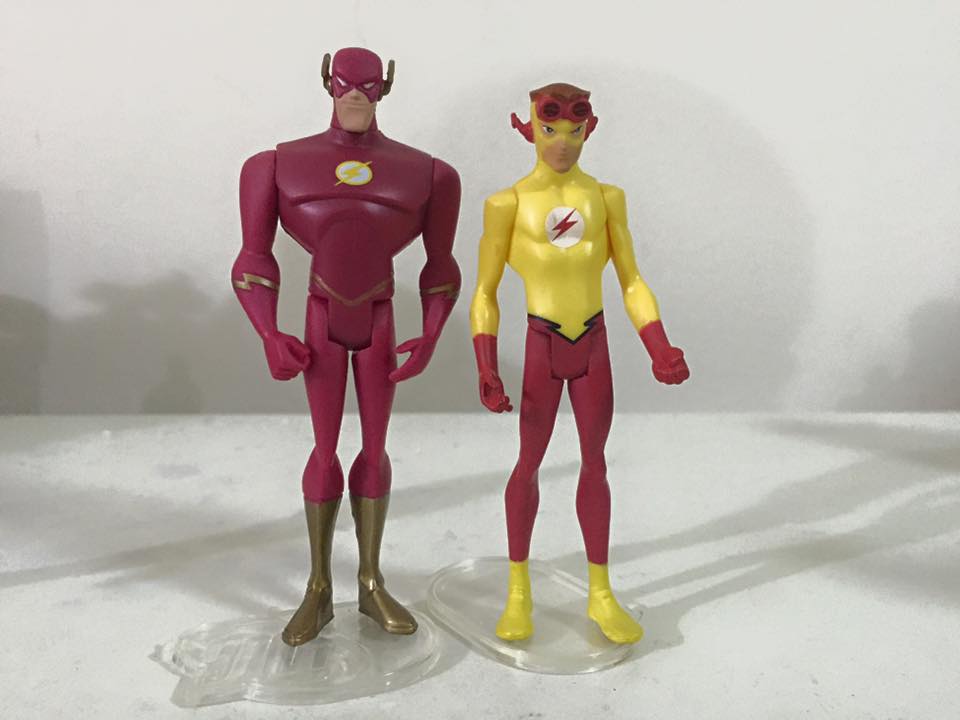
“The Flash” and this theme
The backstory of “The Flash” is that his mother was murdered and his father framed for her murder, so he ends up being brought up by a foster father (who is unrelated to him). He spends his whole life trying to exonerate his father and find his mother’s murderer.
In the season finale, he finally gets a chance to go back in time and prevent his mother’s murder. In so doing, he’ll have the happy family life that he always wanted, and he will have achieved his life’s goal.
However, before he can change the past, he realises doing so would mean he never met his foster father, and would also never have met his current stable of friends. He also realises that he’s had a happy life all this while, with his foster father, foster sister and stable of good friends. His future self also persuades him to let the timeline be. So he ends up letting the past events play out the way he did, so that he would become the Flash in the present and go on to save many lives.
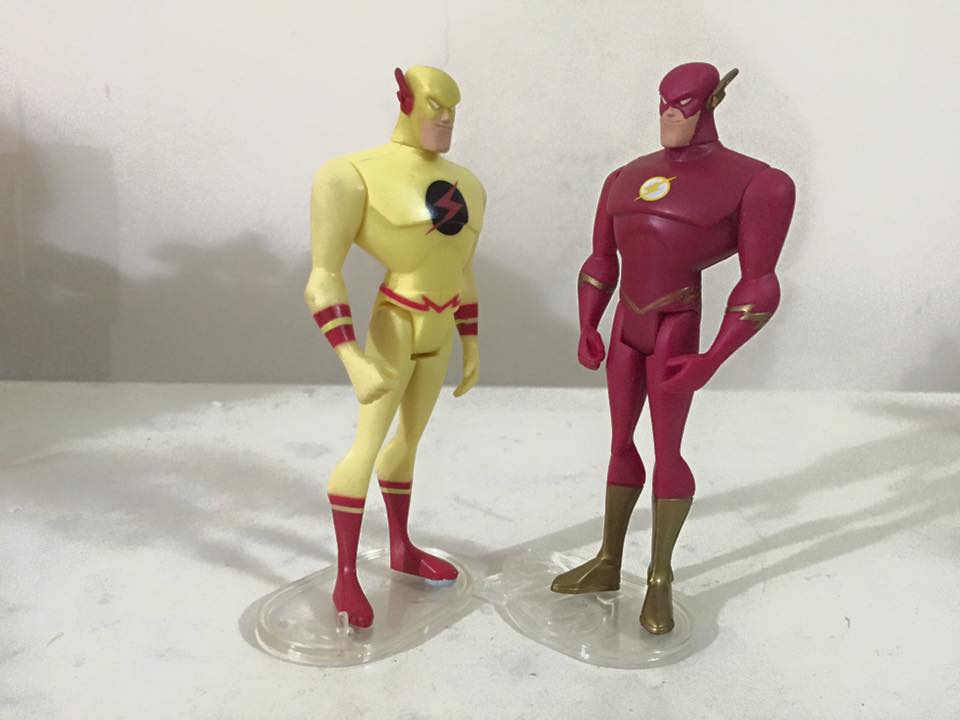
“You had it all along”
It’s a very poignant moment, when the Flash realises that he’s actually had what he’s been after all this while – a family – and makes the decision to keep his current family rather than quest after the perfect ideal in his mind. And it also shows how much he cares about the people around him, that he would rather not give them up for a “what if” situation.
It’s a twist on the classic story of “It’s a Wonderful Life” with the circumstances reversed.
And it got me thinking – this theme, where the hero has had the object (physical or metaphysical) of his quest all along. Why does it appeal to us so much? Why does it bring a tear to our eyes whenever we, and the hero realises that the search without could have been solved by looking within?
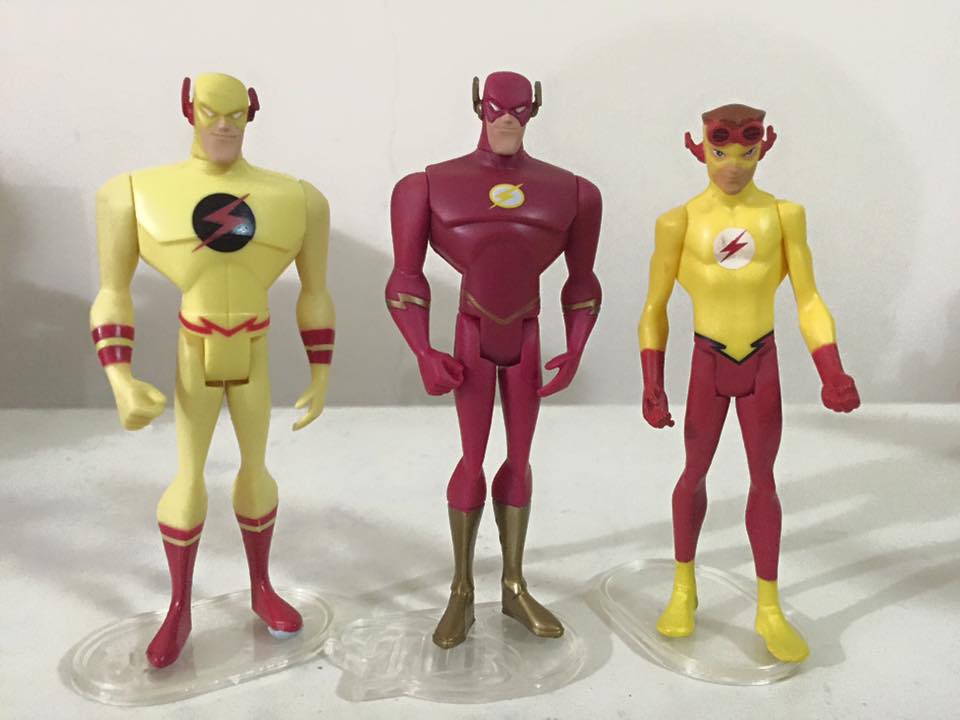
It teaches us not to second guess ourselves
In a way, it’s saying “you made the right decision all along.” It’s reassuring to know that we did make a beneficial choice, rather than having made the suboptimal choice. Whenever we make decisions in the face of imperfect knowledge, we always want someone, anyone, to tell us that we made the right choice. That in a world of so much uncertainty, we at least got one thing right.
So when we see the hero having the same doubts as we have, wondering if he should have made another choice instead – we identify with it. We make that decision every day, whether it be for large, momentous choices, or inconsequential preferences. And we’d like to think that the choice we went ahead with was the correct one – just like how did the hero did.
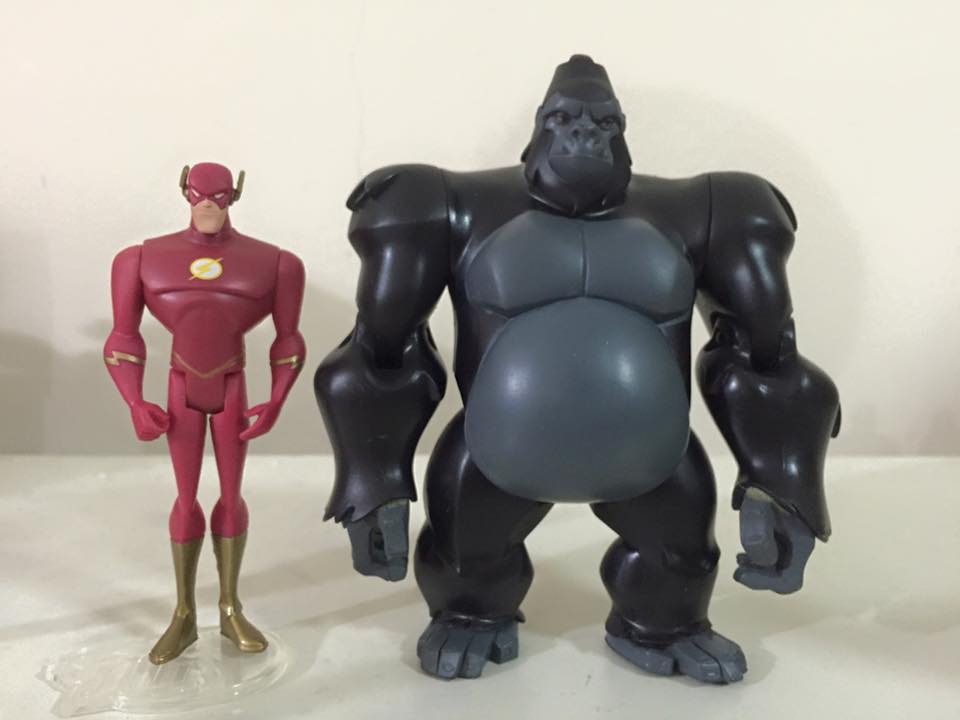
It shows us that we can find what we are searching for
A friend also pointed out that in actuality, the hero does fulfill his quest – it’s just that it comes in a different form than expected. And remember, we identify with heroes (they wouldn’t be very effective if we didn’t). So this means that if the hero can find what they’re searching for, so can we.
It gives us hope that no matter how long we’ve been at our search, or no matter how much effort we’ve put in, we shouldn’t give up. We will find what we’re looking for, so long as we persevere (like the hero). And in the end, it might even be right under our noses all along.
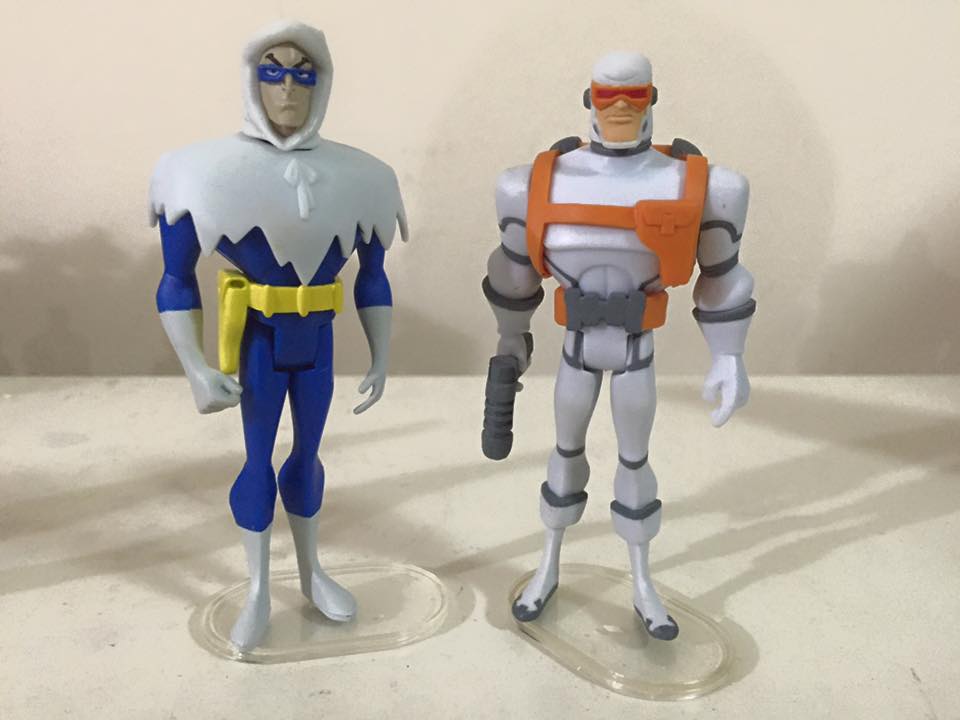
It shows us that even we if could change our decisions, we shouldn’t
In fantasy, we can change the past (and hence the present). In reality, of course, the past and present are immutable. So if in a fantasy scenario, our present is objectively pleasant enough that we should stay on track and not attempt to change it, it applies to our real-life situation, right?
It’s like saying, “you wouldn’t change it even if you could.” This further validates our current set of life choices, and makes us realise that hey, our present circumstances are pretty fine as they are.
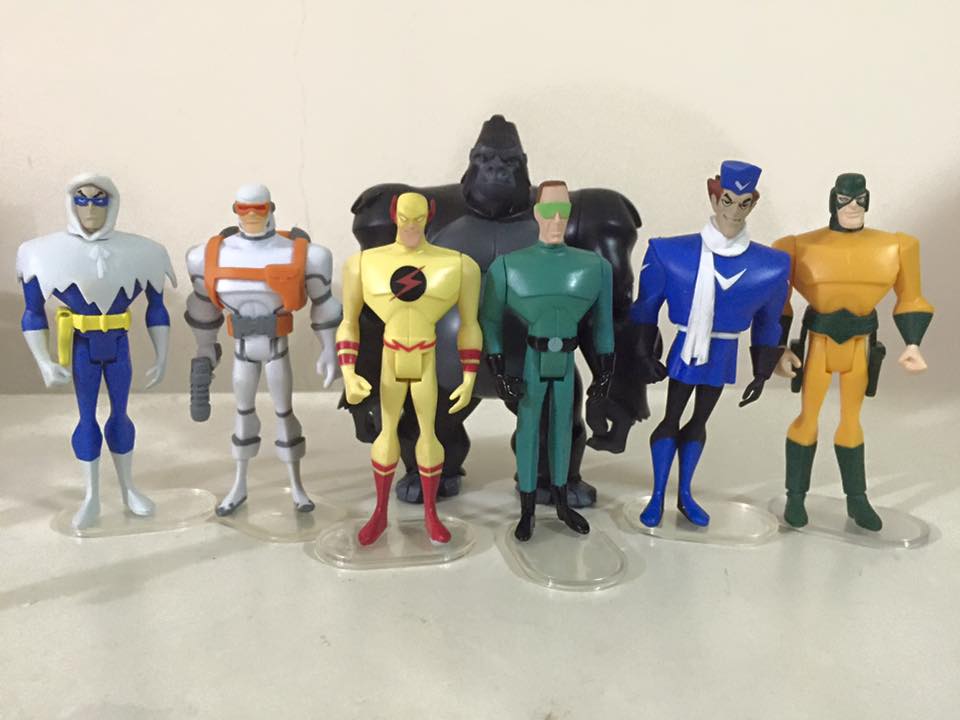
It gives us hope that we have as much strength as the hero
It’s human nature to think that the pasture is greener on the other side, and to resist that envy requires a lot of strength. It also plays against basic human curiosity, since we always want what we cannot have.
So when we see someone who is able to resist that temptation, to see how it could all have been, we learn that we can also resist that temptation. Be it the married man who meets a soulmate who might have been, or even just wondering if another pair of shoes would have been more comfortable – to not actually act on it, takes a great deal of mental, emotional and sometimes moral strength.
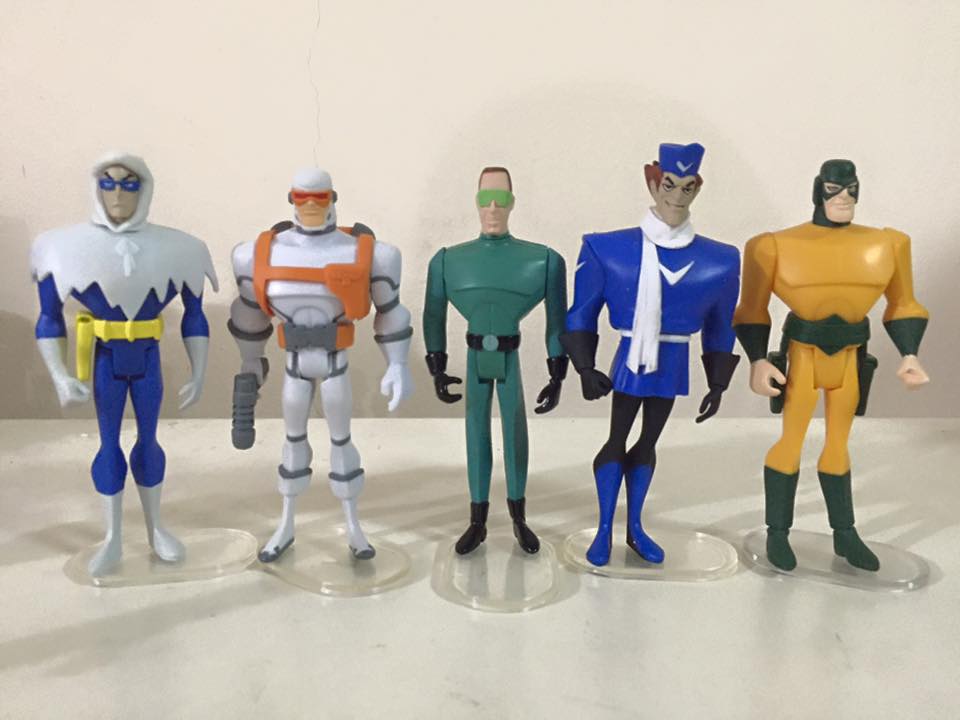
It teaches us to be satisfied and at peace with ourselves
Finally, it also shows us that we don’t always have to be searching. It takes a certain kind of tranquility to accept that your circumstances are fine as they are and not pursue something else. We learn that the answer to our search is not an actual object in and of itself, but to be at peace with what we have.
After all, always being on a search, forever being on the lookout can be tiring. Even the strongest of souls can get tired of searching. To learn that the answer is within ourselves all this while shows that it’s OK to be satisfied with what we have (as imperfect as it may be), and it’s a lot less tiring to do so.
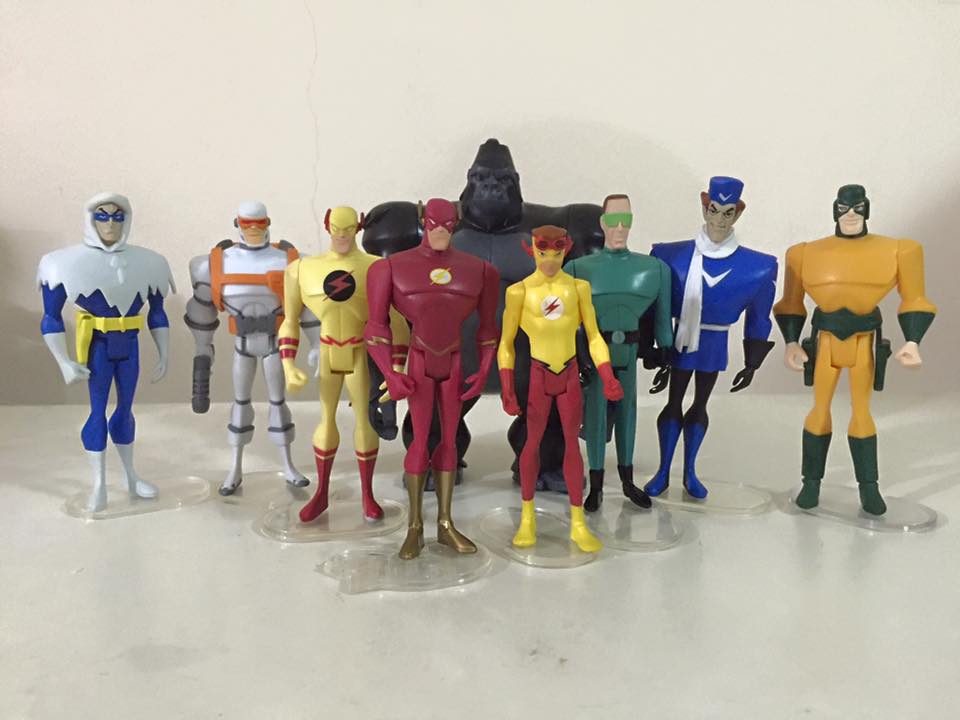
So have you “had it all along?”
What do you think? Why does “having it all along” appeal to us humans so much? It’s just something intrinsic about this theme that illustrates something so fundamental about human nature. Because in the end, it’s gratifying to know that everything was OK all along.
Leave a Reply